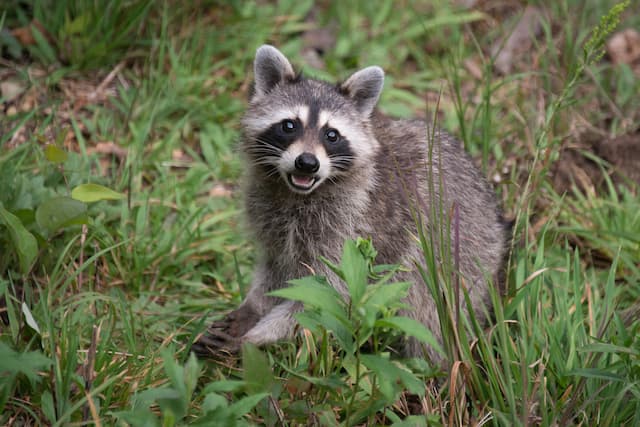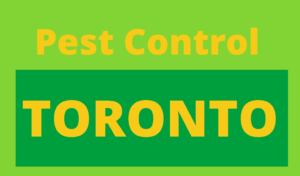Having a raccoon living in your attic or under your deck is a problem that can lead to inconveniences as well as damage to your property. Raccoons are curious and smart creatures. In Toronto, nighttime raccoon visits are very common. They forage for food and find it by tipping trashcans, digging grubs out of lawns and in many other ways. They are known to find shelter in attics, garages and sheds during colder months and as a result, they can be the cause of extensive damage. If a raccoon has already found shelter or food on your property the likelihood of them returning is high. Getting professional raccoon removal is important to make sure problems do not occur again.
They are carriers of several pathogens, raccoons are carriers of rabies and in general, can pose health risks to you and your family.
If you realized that you might have a raccoon or a family of raccoons living on your property you should take all necessary steps to take away what they find attractive. Seal your trash bins, clean thoroughly after every bbq, and inspect your property for signs that might indicate that raccoons are living on your property.
After you made sure that you have eliminated the things that might attract the raccoons, the most important thing to consider is to check that there are no raccoon dens with babies. It is not advised to remove any raccoons, trap them or close any entry points as the raccoon mother will return to retrieve the young. Additionally, you don’t want to risk enclosing any animals in your attic as they will eventually perish and be the cause for more discomfort and potentially a health hazard for you and your family.
There are ways you can use that can make raccoons leave. While these methods are safe and easy to implement, they do not always work. For instance, raccoons do not like noise, so the use of a radio constantly playing music near where the raccoons are living can scare them away. This is not necessarily the most practical solution. Another method is to use ammonia or some over-the-shelf predator urine sold at hunting or even at some gardening stores.
If you manage to evict the raccoons successfully you should take the time to clean the den before you seal it. Wear protective eye gear and a breathing mask to avoid contact with any pathogens. Remove debris, clean thoroughly using bleach and make sure you wash very well after you are done. Place all debris in large plastic bags and seal them.
It is best you have a wildlife removal expert to do the job. Professionals use cage traps that allow for humane removal. They know the laws and regulations, understand the risks and can help make sure that raccoons will not invade your property again.
Wildlife control should be done with care so that you don’t risk getting hurt as well as doing it in a way to make sure animals are safe. The best way to deal with a raccoon issue is to have a professional do it. Wildlife removal professionals know the dangers, the risks and can remove and clean with care to guarantee your safety

